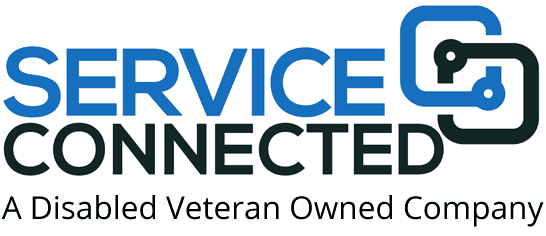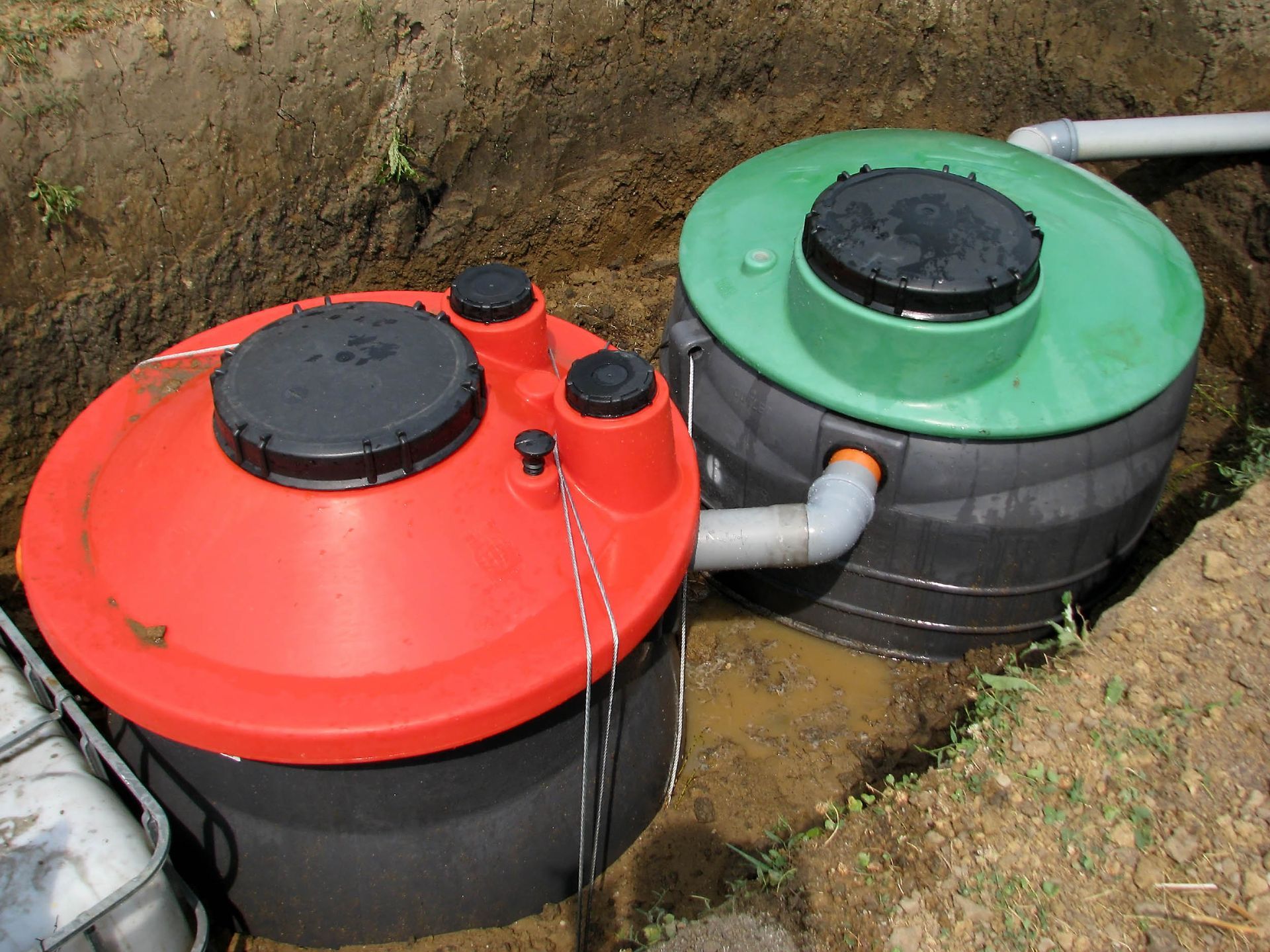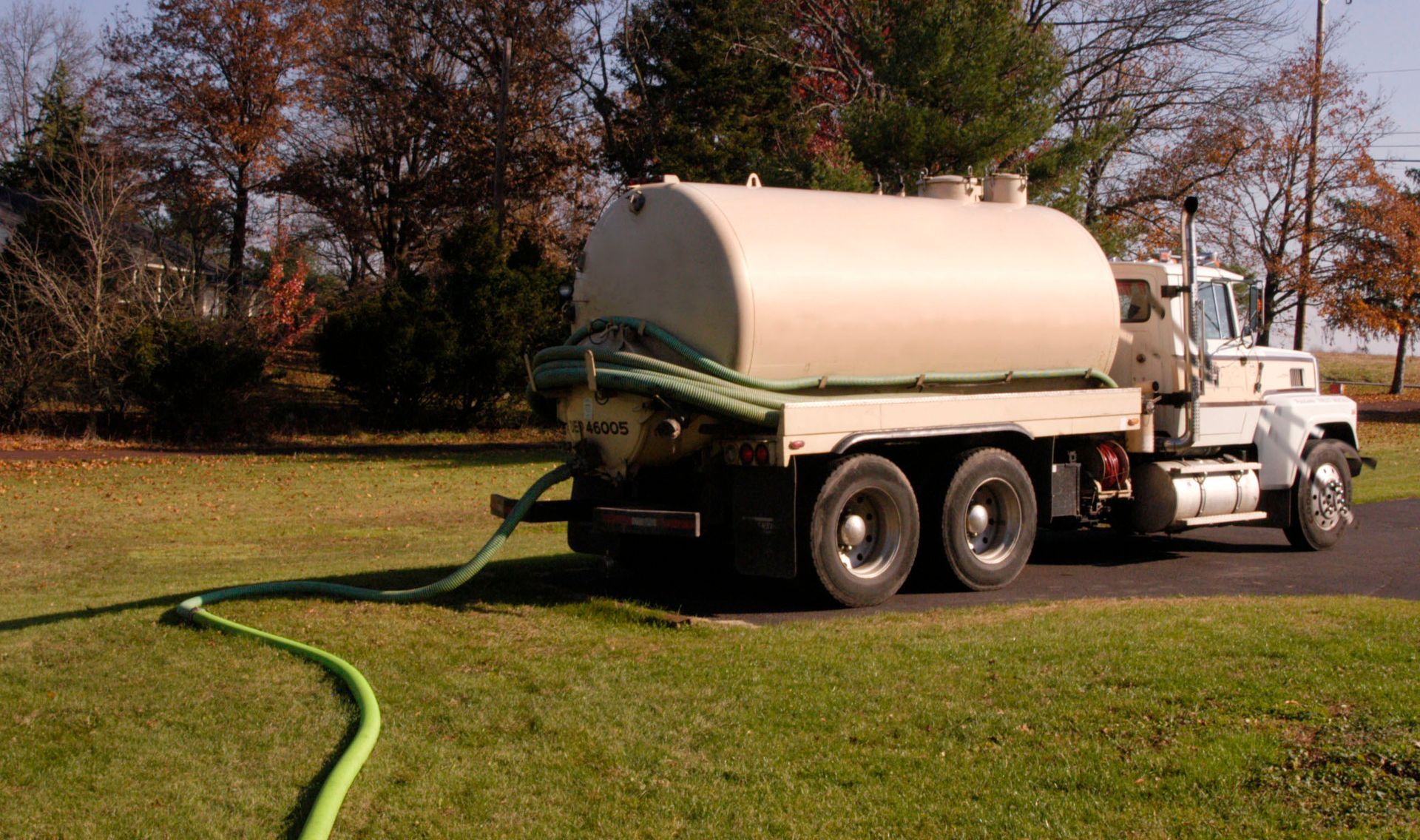Crucial Questions to Ask Your Local Septic Pumping Service
Hiring a septic pumping service involves more than just making a call and scheduling a visit. Being informed about the questions to ask can ensure you receive quality service and maintain the health of your septic system. This article explores essential questions you should ask your local septic pumping service to guarantee peace of mind and optimal functionality.
What Are The Qualifications and Experience of Your Technicians?
When assessing septic pumping services, ensuring that the technicians are well-qualified is paramount. Technicians must hold certifications that testify to their knowledge and skill in managing septic systems. Various states mandate different certification levels, often requiring ongoing education to maintain them. These certifications assure you that the personnel are updated on the latest septic service advancements and safety protocols. Inquiring about these requirements helps ensure that technicians meet professional standards essential for high-quality service delivery.
Beyond certifications, the experience of technicians plays a critical role in their service effectiveness. Experienced professionals are more capable of diagnosing and addressing unexpected issues that might arise during a pumping. A company with seasoned technicians demonstrates reliability and a track record of satisfactory service. When a service has been in business for several years, it often signifies stability and customer trust. Verifying the extent and scope of technicians' experience can be a decisive factor when choosing a service provider.
Septic systems can vary significantly from one property to another, requiring specialized skills to manage effectively. Questions regarding the specific training technicians have undergone can clarify their preparedness to handle unique scenarios. Some systems may have advanced filtration technologies or integrate eco-friendly processes needing specialist attention. A proficient service provider will have technicians trained for these specialties, ensuring they can accommodate diverse system needs. Probing their capabilities can prevent future complications caused by insufficient technician know-how.
Can You Provide a Detailed Estimate and Breakdown of Costs?
Before engaging a septic pumping service, requesting a comprehensive cost estimate is crucial. A detailed estimate should include labor, transportation, disposal fees, and any additional services that might be necessary. Transparent pricing helps avoid unexpected financial surprises upon job completion. It guarantees that you only pay for what is agreed upon and understand how costs are distributed. Proactive cost discussions help build trust and reinforce the service provider's commitment to honest business practices.
Understanding the standard pricing structure is essential, but you also need clarity on potential extra fees. Extra charges may arise due to the need for specialized equipment or handling challenging situations requiring additional resources. An honest service will explain various scenarios that could affect overall costs, allowing you to prepare for those possibilities. Understanding both standard and contingent expenses ensures comprehensive financial planning. Such transparency leads to a smoother service experience without unexpected monetary setbacks.
Prices for septic services can vary significantly across regions and companies. Comparing the provided estimate with industry norms helps determine if the pricing is competitive and reasonable. Industry-standard rates are often a baseline that reputable companies adhere to, ensuring fair pricing practices. Informed comparisons can protect against overcharges and subpar services. Ensuring your chosen service provides value for money involves comparing their quotes against others within your locality.
How Do You Handle Emergencies and Urgent Requests?
Septic system emergencies demand prompt and efficient responses to mitigate property damage and health hazards. Understanding the typical response times that a service guarantees during emergencies sets expectations and prepares you for urgent situations. A competent service provider should detail how quickly they can mobilize and the average timeframe in which they aim to arrive. Speedy response times are indicative of a committed service willing to address issues promptly. Setting service expectations ahead of time bolsters trust and readiness for emergencies.
Septic issues can arise unexpectedly, often outside regular working hours. Inquiring about your provider's availability during weekends, late nights, and holidays is crucial. Knowing when they are reachable and the protocols for arranging off-hour services aids in planning for unforeseen scenarios. A reliable service provider will have plans to accommodate emergency requests beyond standard office hours. Such readiness demonstrates a dedication to customer care and service continuity regardless of timing constraints.
Having immediate access to your service provider’s emergency contact details can greatly ease stress during a crisis. Ideally, this should include a 24/7 hotline or a direct line for urgent communications. An accessible emergency contact point ensures that you can rapidly relay your situation and receive guidance on the next steps. Prompt communication can significantly impact the resolution efficiency of critical septic issues. Knowing this information ahead of time enhances preparedness and peace of mind.
What Safety Protocols Do You Have in Place?
In high-risk professions like septic services, robust safety training programs for employees are imperative. These programs equip technicians with knowledge about safe handling practices, emergency response techniques, and personal protection methods. Regular safety drills and updates on procedures are indicative of a company committed to maintaining a safe working environment. Service providers that invest in comprehensive training ensure that their staff are prepared to address potential hazards effectively. This approach not only protects their employees but also safeguards client properties during operations.
Companies need to adhere strictly to local, state, and federal health codes to ensure safety and quality standards are met. Compliance involves regularly inspecting equipment, utilizing approved methods for waste disposal, and maintaining hygiene standards. It assures clients that operations are conducted within the legal frameworks designed to protect the public and the environment. Knowledge of the regulations and a commitment to following them reflect a company’s dedication to legal and ethical service provision. Confirming adherence reassures clients about both the safety and legality of services provided.
Obtaining necessary safety certifications and undergoing regular inspections are essential components of service provision. Certifications validate that a company maintains operational standards required for handling septic systems safely and efficiently. Additionally, regular inspections by health and safety authorities ensure ongoing compliance with safety norms. Clients should inquire about the company’s latest inspection results and any certifications obtained to confirm proper safety measures. Consistent adherence to such parameters signifies a commitment to high safety standards.
What Maintenance Services Do You Offer?
Frequent maintenance is vital for the prolonged health and efficiency of septic systems. Offering scheduled maintenance plans, companies provide regular check-ups that prevent potential issues from escalating into costly repairs. These plans usually involve periodic pumping, system checks, and inspection of key components. According to This Old House, a 1,000-gallon septic tank used by a family of four typically needs pumping every three to five years. Opting for a service provider with robust maintenance schedules ensures systematic oversight of septic system health.
Another crucial aspect of septic maintenance is comprehensive inspections, providing insights into the overall condition and functionality of the system. Technicians conducting thorough evaluations can identify emerging issues and provide recommendations for preventive actions. Inspectors assess components like the tank, pipes, and drainage fields to capture a complete picture of system health. Such routines prevent potential failures and extend the lifespan of septic infrastructure. Clients can rest assured about system functionality, knowing evaluations are consistently performed.
Engaging a local septic pumping service requires due diligence to ensure efficient and safe system maintenance. By asking the right questions, you can safeguard your property, fulfill regulatory requirements, and foster a healthy environment. Prioritize the topics discussed to form a reliable partnership with your chosen service provider, ensuring your septic system remains in peak condition. Contact us at Service Connected, Inc today for more information.








Share On: